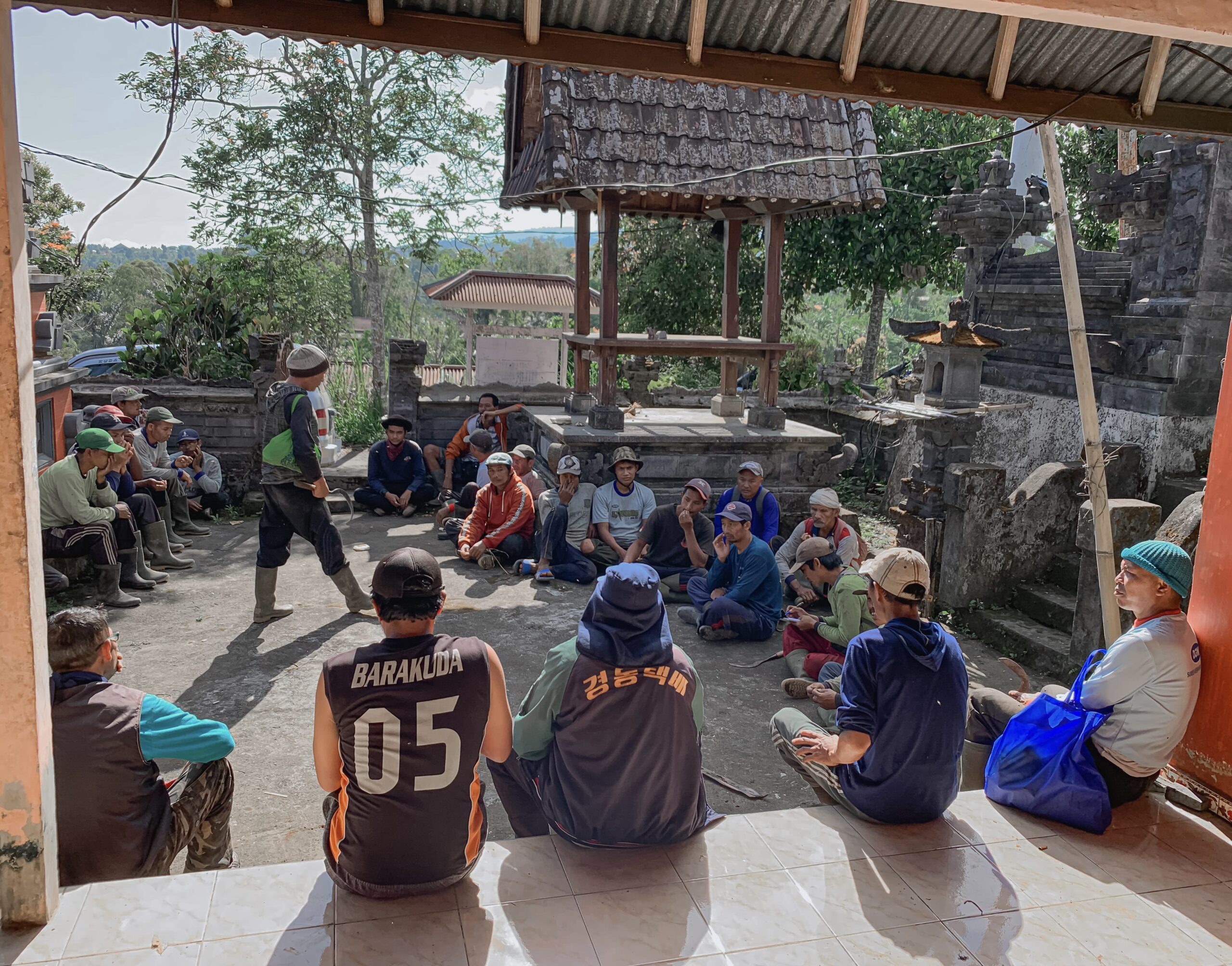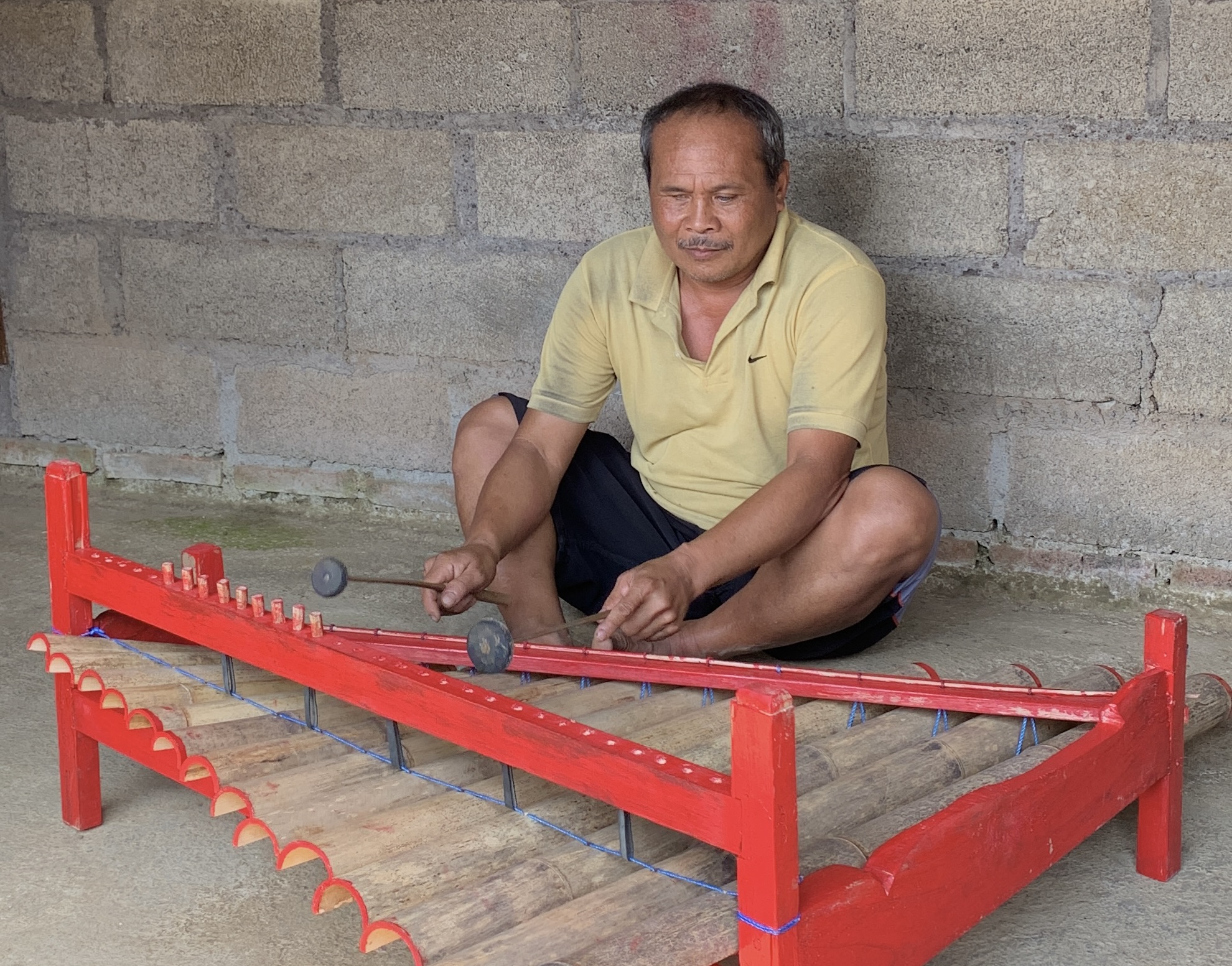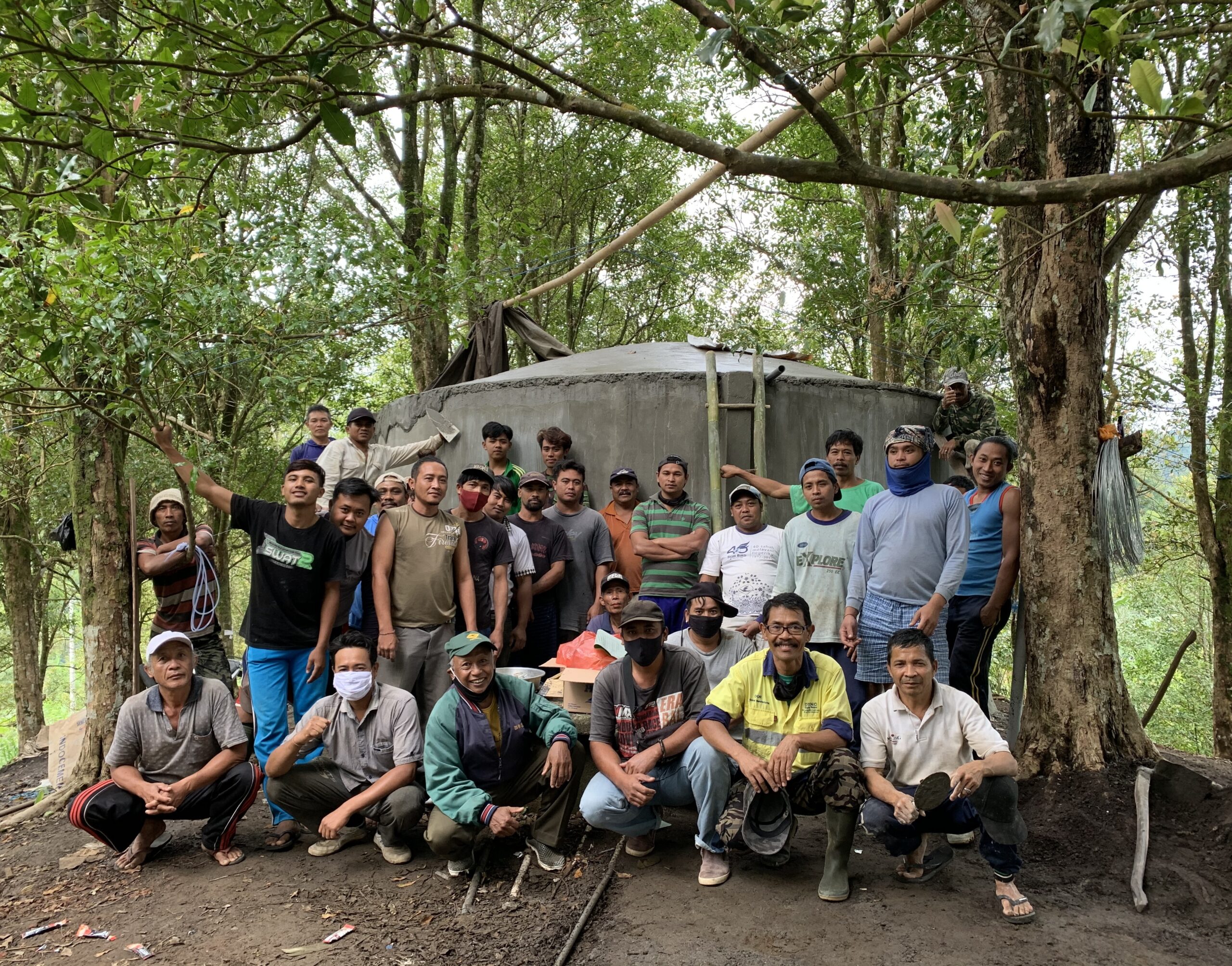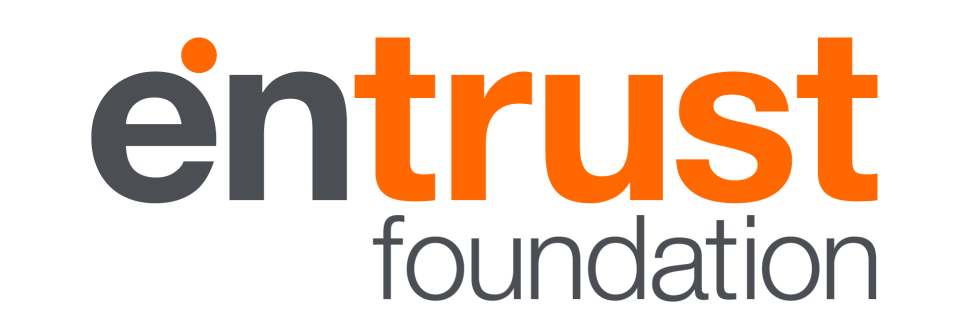


This is Mr Putu’s story.
Mr. Putu was born blind and lives in a poor village in remote Indonesia. Until very recently, his village had no access to clean water, relying solely on unhealthy runoff from rice fields. The only alternative was a ravine more than 1km from the village. Mr Putu could only manage this if his nephew assisted him. Without access to water, there was no bathroom or toilet, so they dug a hole in the ground for a toilet.
This made life very difficult for Mr Putu and severely limited his independence. He spent 2-3 hours each day walking for water and had to rely on his nephew. He also had to be very careful with his water usage as it was so difficult to get more. Mr Putu dreamed of having running water to his house, but his village was so impoverished and remote, it seemed unlikely.
However, Mr Putu is now overjoyed because his village was part of a project run by our partners to bring clean water, sanitation and hygiene training to 6 villages, impacting thousands of people. These villages have clean water for the first time and the locals were heavily involved in the work. Rather than applying a standardised approach, solutions were carefully tailored to each community’s specific needs, and the locals contributed labour and some building materials demonstrating a genuine investment in their future. The villagers have also been trained in the knowledge and skills to continue maintaining and improving the infrastructure. This ownership and responsibility ensure that not only will the results be sustainable, but outcomes will improve over time.
Mr. Putu is very happy and thankful for the successful completion of this water project that has created an abundance of water for him and his family. Now he has more time to work and enough water for eating, drinking, cooking, and bathing, along with water leftover for a garden. Previously, during the dry season, he could not keep plants alive, but now he can have a garden year-round. He has planted green beans, spinach, oranges, cucumbers and hopes to plant more vegetables and may even make a fishpond. Not only does Mr Putu have better food to eat but he also sells his produce, so his economic situation has improved. The overall health and hygiene of the family has also improved as they have a bathroom and toilet in the house, and they can regularly water the yard which reduces dust in their home. Accessing healthcare is difficult due to financial and logistical constraints so the opportunity to proactively manage their health means this burden is reduced. Overall, Mr. Putu has gained so much independence and is living a more productive, happier and healthier life.
The power of clean, accessible water!
